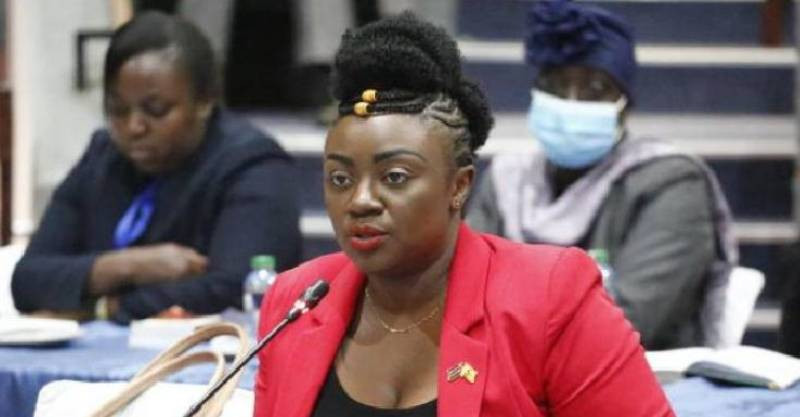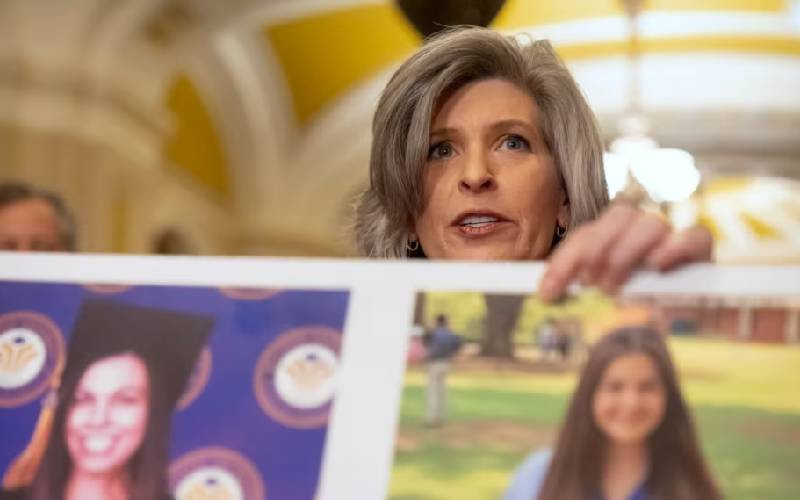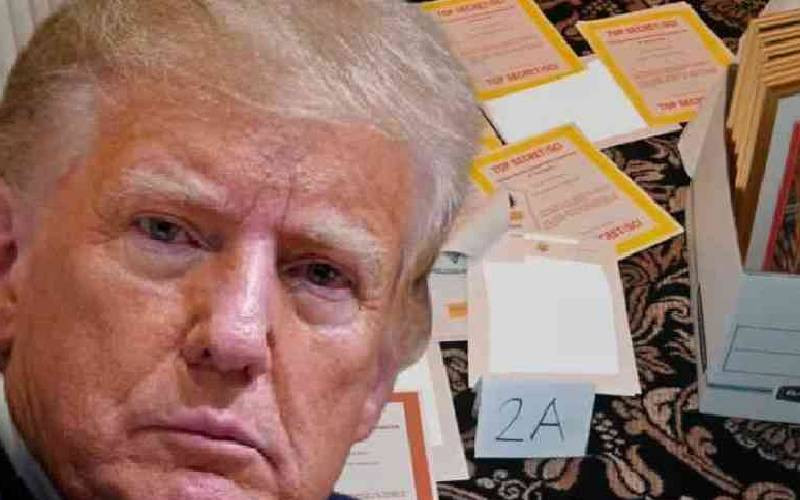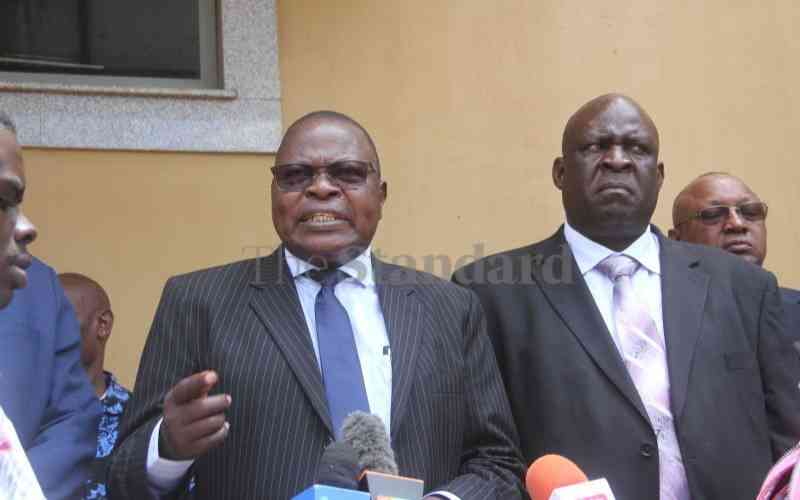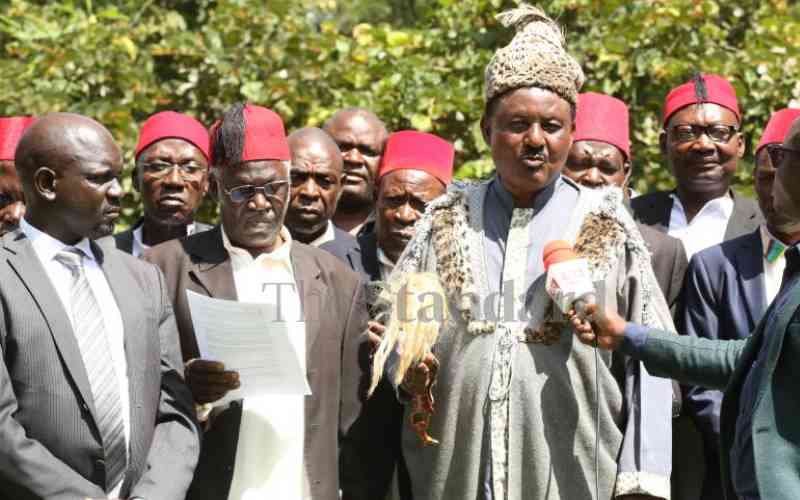The US Supreme Court has backed checks on the immigration status of people stopped or arrested in Arizona, while striking down key parts of tough law critics branded as racial profiling.
President Barack Obama said he was pleased three challenges were upheld.
But Arizona Governor Jan Brewer said the "heart" of the law would remain.
President Obama and his Republican rival Mitt Romney are each battling for Hispanic votes ahead of November's presidential election.
Mr Romney reacted quickly to the court's ruling, criticising Mr Obama for not passing a national immigration reform law.
In a statement, he said each US state has "the duty - and the right - to secure our borders and preserve the rule of law".
President Barack Obama later said he was "pleased" that some parts of the law had been thrown out by the court.
But he added: "I remain concerned about the practical impact of the remaining provision of the Arizona law that requires local law enforcement officials to check the immigration status of anyone they even suspect to be here illegally.
"No American should ever live under a cloud of suspicion just because of what they look like."
'Held accountable'
The Supreme Court judgement came after the US government argued that the law infringed on federal rights to oversee immigration policy.
Alabama, Georgia, Indiana, South Carolina and Utah have all adopted variations of the Arizona law.
The headline provision, known as Section 2(B), that requires police to make a "reasonable attempt... to determine the immigration status" of anyone who is stopped for another violation, was upheld by the Supreme Court.
The court ruled it was too early to tell whether the clause caused a conflict with federal laws, but added that the provision could be open to legal challenge again at a later date.
Stay informed. Subscribe to our newsletter
The Supreme Court also struck down three other parts of the Arizona immigration law.
One clause would have required immigrants to carry proof of their status with them, and another would have made it a crime for undocumented workers to apply for a job.
The court also struck down a provision that would have allowed police to stop people purely on the suspicion that they were in the country illegally.
Justice Anthony Kennedy, who wrote the opinion for the court, said the justices were unanimous in their decision to allow the "check your papers" provision to come into effect. The court was divided on other issues.
One justice, Antonin Scalia, who dissented from the case, said he would uphold all parts of the Arizona law, citing the sovereignty of individual states as defined in the US constitution.
Arizona's Republican Governor, Jan Brewer, called the court's ruling a victory, saying the "heart" of the bill could now come into effect.
In a statement, Ms Brewer said the ruling was a victory for "all Americans who believe in the inherent right and responsibility of states to defend their citizens.
But she added: "Law enforcement will be held accountable should this statute be misused in a fashion that violates an individual's civil rights."
Other reaction to the law was nuanced, and at least partly open to interpretation: some claimed victory for backers of the law, while others saw the ruling as a partial victory for the administration.
Immigration has become a key issue as the US edges closer to this year's presidential election.
Mr Obama recently outlined a plan to allow hundreds of thousands of illegal immigrants who came to the US as children the option of legal status and work permits.
Mr Romney has opposed Mr Obama's plan, but has not said how he would address the issue of immigration.
Both men are courting Hispanic votes ahead of their showdown in November.
BBC
 The Standard Group Plc is a
multi-media organization with investments in media platforms spanning newspaper
print operations, television, radio broadcasting, digital and online services. The
Standard Group is recognized as a leading multi-media house in Kenya with a key
influence in matters of national and international interest.
The Standard Group Plc is a
multi-media organization with investments in media platforms spanning newspaper
print operations, television, radio broadcasting, digital and online services. The
Standard Group is recognized as a leading multi-media house in Kenya with a key
influence in matters of national and international interest.
 The Standard Group Plc is a
multi-media organization with investments in media platforms spanning newspaper
print operations, television, radio broadcasting, digital and online services. The
Standard Group is recognized as a leading multi-media house in Kenya with a key
influence in matters of national and international interest.
The Standard Group Plc is a
multi-media organization with investments in media platforms spanning newspaper
print operations, television, radio broadcasting, digital and online services. The
Standard Group is recognized as a leading multi-media house in Kenya with a key
influence in matters of national and international interest.

